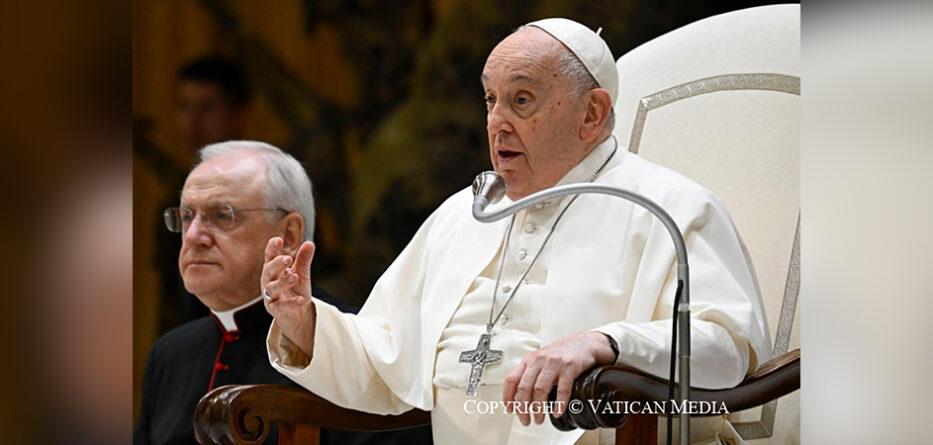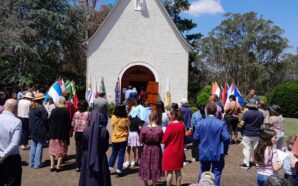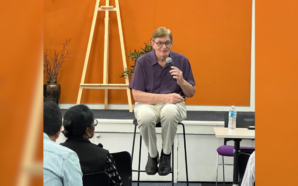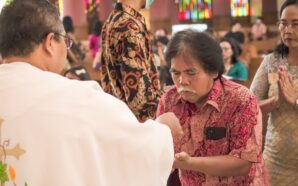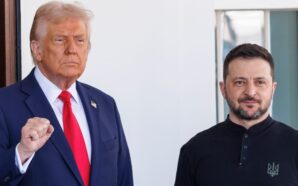Pope Francis presided over the opening Mass of the second session of the Synod on Synodality. He outlined the methodology, which is both managerial and spiritual, specifically designed to avoid tensions.
“Let us be careful not to see our contributions as points to defend at all costs or agendas to be imposed,” said the pope during the opening Mass of the second session of the Synod on Synodality, October 2. He warned against “locking ourselves into dialogues among the deaf, where participants seek to advance their own causes or agendas without listening to others.”
Pope Francis often repeats that the church is not a multinational corporation. Still, there is something resembling a corporate seminar in this Synod opening in Rome—though with the added element of spirituality.
“This Synod on Synodality is somewhat of a follow-up to the one focused on young people,” a Vatican source explained in late September. “The concern is that we remain connected.” It’s a matter of survival. To that end, an assembly, composed of three-quarters bishops, is set to meet daily until October 27 to reflect on the future of the church and its structure.
Around 36 tables arranged in the vast Paul VI Hall, right next to St. Peter’s Basilica, will host members divided into language groups who will experience a particular form of listening. “Circle talk,” “generative conversation,” “discussions in the Spirit” … The Vatican has no shortage of terms to describe what could unfold in this new gathering, concluding three years of consultations.
“Not a parliamentary assembly”
“His approach is not just a technique for ‘facilitating’ dialogue and group communication dynamics,” warned the pope during the homily. “Embracing, protecting, and caring are in fact part of the very nature of the church,” he continued, reminding everyone that the goal of these exchanges is to aim for “harmony.” “Harmony is very important,” he stressed. “[The Synod] is not about majorities and minorities. What is important, what is fundamental, is harmony, the harmony that only the Holy Spirit can achieve.”
About 11.5% of the 368 members of this “second assembly of the Synod on Synodality” are laypeople, granted voting rights. In the Paul VI Hall, they will be about one per table, engaging in discussions about the role of women, the power of bishops, and the decentralization of the church.
While the exchanges aim to be as horizontal as possible, on October 2, Pope Francis warned that they must in no way portray the image of a divided church. As he did last year, the pope asked Synod members not to speak to the press during the month of October.
“As we have repeatedly stressed, ours is not a parliamentary assembly, but rather a place of listening in communion,” the pope said again on October 2. “[A place] as Saint Gregory the Great says, what someone has in himself or herself partially is possessed completely by another, and although some have particular gifts, everything belongs to everyone in the ‘charity of the Spirit’,” explained the pope, quoting one of the homilies of Gregory I, Bishop of Rome in the 6th century.
“The voice of God”
In this discourse on method, the Jesuit pope called on the members to practice constant discernment to “hear the voice.” “One way [to listen] is to receive all the contributions collected during these three years with respect and attention, in prayer and in the light of the Word of God,” said Francis. “With the help of the Holy Spirit, we must listen to and understand these voices — that is, the ideas, the expectations, the proposals — so as to discern together the voice of God speaking to the church.”
Pope Francis also announced that he would visit the Basilica of St. Mary Major in Rome to pray the Rosary for Peace on Sunday, October 6. He invited Christians to join in the initiative launched by the Latin Patriarch of Jerusalem, Cardinal Pierbattista Pizzaballa, calling for a day of prayer and fasting for peace in the Middle East.
Reproduced with permission from La Croix International.




